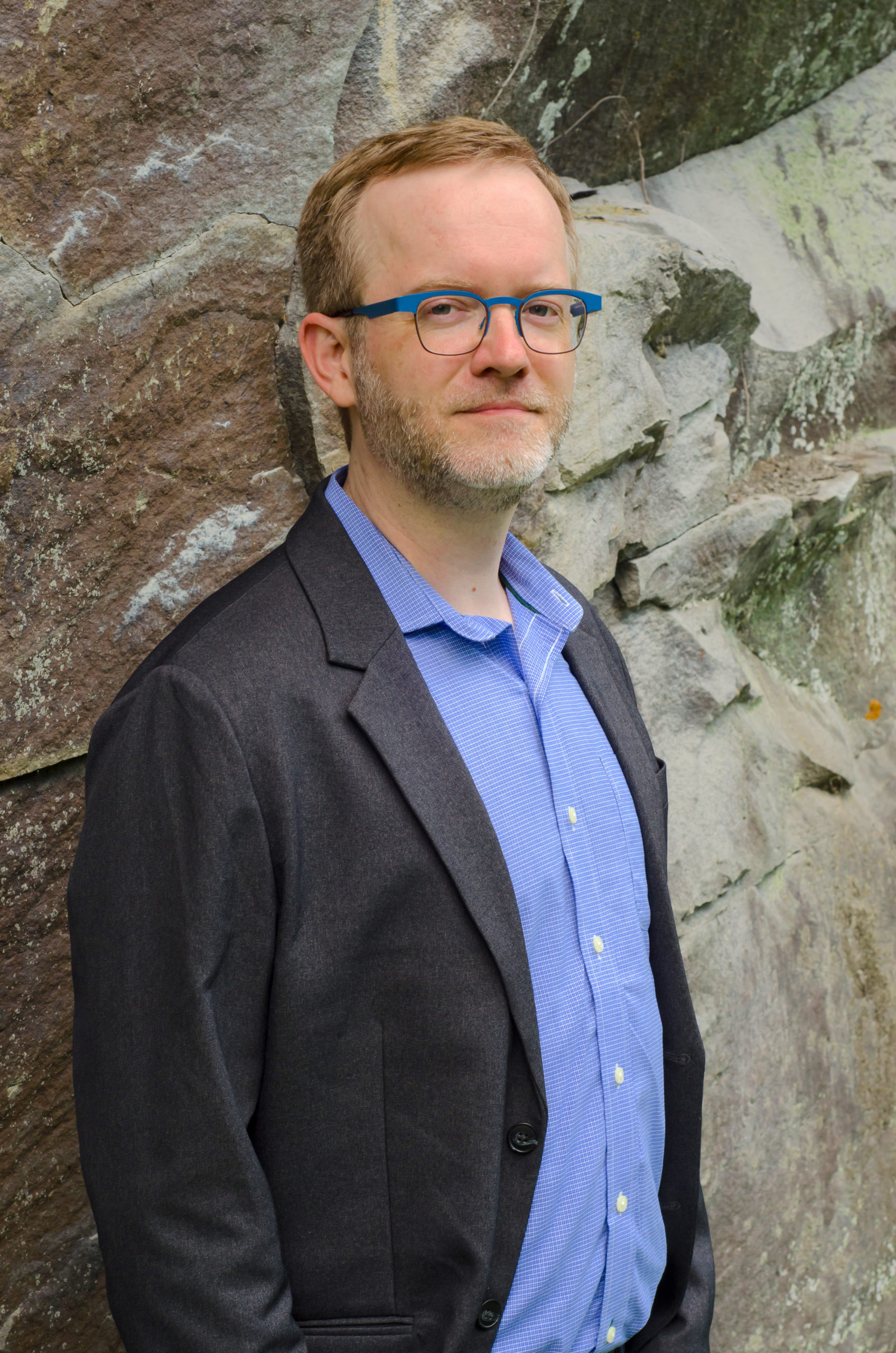Teaching is a passion for me. As an in-demand guest clinician and adjunct professor at Bard Conservatory, teaching is a cornerstone of my commitment to being a well-rounded and continually improving musician. I founded the “Deliberate Practice Bootcamp” as a seminar open to all instrumentalists designed not just to improve practice process and audition preparation, but also to realign concepts of “talent,” career planning, and musician identity. I then continue with timpanists-only for the “Northland Timpani Summit,” a multi-day exploration of foundational timpani skills. Bottom line: I’m eager to educate and pass on what I have learned.
“What I’ve learned” has been unique given my unorthodox path to the MET Orchestra. I was appointed principal timpanist in 2013; prior to that, I worked for 10 years as a senior scientist at a nanotechnology company in Chicago. I double-majored in physics and music as an undergraduate, and earned a master’s degree in electrical engineering. I did not attend a conservatory, nor do I hold a graduate degree in music. But for me, that’s actually been an asset — I feel that I’ve gained unique insight into the mutually-reinforcing realms of science and music, particularly in terms of how to engineer an audition process and what it really means to practice.
I crafted my own D.I.Y. master’s by investigating and implementing “deliberate practice” — a term derived from Anders Ericsson’s research notably documented in the highly-influential book Talent is Overrated, by Geoff Colvin. I firmly subscribe to its founding assumption: if there even is such a thing as “natural talent,” it becomes essentially irrelevant over the time frame it takes to achieve mastery. The far more dominant factors are both how much you practice, but more importantly the quality of that practice. Therefore, the question I want students to ask themselves is not “am I good enough right now?” but rather “am I willing to do the work?” The focus and intensity of that work determines your trajectory, and that is by far the most important thing.
Part of the reason I’m so passionate about teaching and deliberate-practice-blogging is that it’s a unique area where science can directly impact the outcomes in peoples’ lives right now. And so one of my ongoing missions is to translate the theoretical framework Ericsson demonstrates in Peak into real life applied examples, and then disseminating that learning as broadly as possible. (My initial 13-part deliberate practice article series represents just such an effort.)
As such, I encourage all students to employ the attributes of deliberate practice, prominently including feedback loops achieved through self-recording, extensive analysis, and playing mock auditions for others who don’t play your instrument. I’m a big believer in deliberate lessons, and I coach students on how to structure their practice for maximum efficiency and efficacy. I want to help students become their own best teachers, and ultimately polished and thoughtful artists…all while keeping in mind what Brahms said: “without craftsmanship, inspiration is a mere reed shaken in the wind.” It’s not enough to just feel the music well; I want to provide students the best means for refining its craft.

